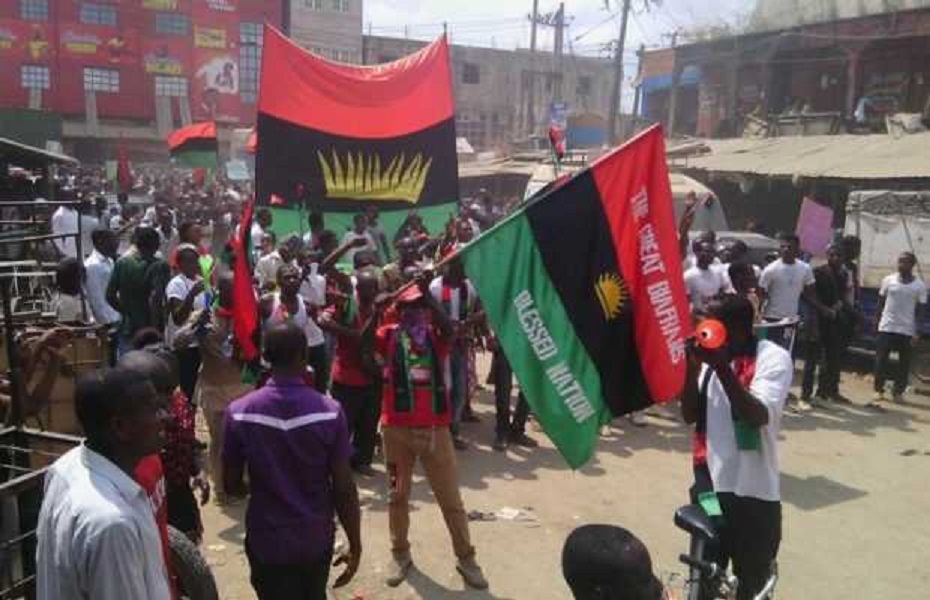I write as the Special Counsel to Mazi Nnamdi Kanu and the Indigenous People of Biafra (IPOB), and I can tell you authoritatively that my Clients, particularly Nnamdi Kanu never made any threats of levying violence or to “physically attack” SE Governors or elected officials when sighted overseas.
What Kanu had said, and it’s verifiable, is that Nigerian elected officials, especially those from SE (including Governors), who derelicted and still derelict their duties to the people and prefer to junket and gallivant abroad should be ‘prepared to answer tough questions from the Nigerian/SE diaspora’. And such engagements will be up close and personal; or as American say: in your face. It’s left to conjecture why Umahi-led SE Governors, more than all others, are the ones getting too personal with this.
In plain terms, the so-called threat is not of violence or battery but of gutsy demonstrations or protests, of tough questions or heckling, of getting really close to the target. Therefore, Kanu never threatened or sanctioned any threat of actual physical violence, assault or battery, or anything that is illegal or criminal. And he had also stated that you don’t have to be afraid if you have done nothing wrong.
So, what I believe that is fueling this misconstruing the true import of what Kanu had said is this: Nigerians at home hardly carry their protests to the face of their elected officials. They do complain but they do ever so quietly and seem to be cowed in the immediate vicinity or presence of these officials. Still, this is a dramatic departure from the era of Jonathan when Nigerians were permitted much space to protest as they desired.
The Nigerian diaspora is different. They demonstrate to your face, they heckle you, they come very close and express their discontent in uncomfortable words and actions that these officials are not used to back home but which, however, comport with how citizens of those foreign nations protest or confront their leaders in the public.
I think Nigerians, particularly Igbos need to see the Ekweremadu incident in Germany from the prism of German law, which, as we now know, is unarguably permissive of it.
A few days ago, the Channels TV aired a live telephonic interview with the Nuremberg police chief, where the officer stated very clearly and repeatedly that the incident was not criminal and that no charges would be brought. He suggested that it was a case of mere political heckling, which is permissible under German law. So, I ask: If the place of the incident did not consider it a crime, why should any other person consider it as one?
As regards reconciliation with Igbo elected political leaders, the IPOB had, in the recent past, made public their basic conditions for reconciliation.
They include particularly the following: (a)Immediate and unconditional de-proscription of IPOB and delisting it as a terrorist organization. (b)A truth and reconciliation commission on the Python Dance lethal military operations of September 2017. (c)A public apology for the extrajudicial killings of IPOB members and desecration of the palace of an Igbo traditional ruler at Afaraukwu, Abia State. (d)A genuine dialogue with IPOB on its demands for a referendum on the restoration of Biafra. (e)Discontinuance of the ongoing prosecution of IPOB members and forbearance of any future arrests and prosecutions.
Is this asking for too much?
Aloy Ejimakor is of Adulbert Legal Services
Abuja







